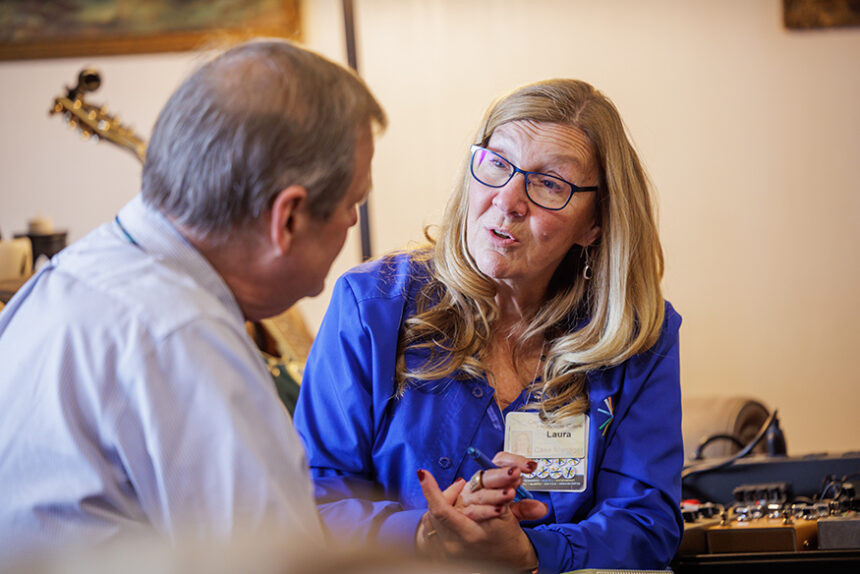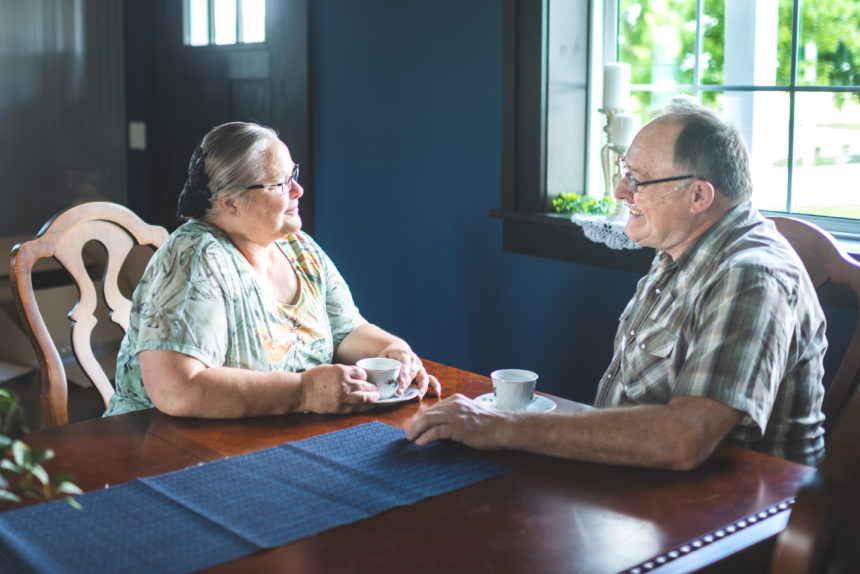During his life and after his recent death, headlines around the world lauded President Jimmy Carter for leading by example. His nearly two-year journey in hospice care sent a powerful message to those at the end of life: hospice improves the quality of living for patients and families.
His grandson Jason Carter noted in a 2024 interview, “These last few months, 19 months, now that he’s been in hospice, it’s been a chance for our family to reflect… That’s been a really gratifying time.”
Often, when someone is being treated for a serious illness, they face painful, expensive treatments and procedures, even after those treatments stop working. However, research shows that many people receiving hospice care, like President Carter, live longer.
Thanks to the Hospice Medicare Benefit, which was established in 1983, all hospice services are provided at no charge to hospice-eligible Medicare beneficiaries. Hospice services are also covered by Medicaid and many private insurance policies.

Hospice providers like Center for Hospice Care meet patients where they are and help them chart their path. If they, like Jimmy Carter, want to be at home, hospice will come to them. Hospice care is usually provided wherever you call home, whether that’s a residence, assisted living or nursing center, group home, etc. Regularly scheduled visits from nurses, hospice aides and social workers are part of this benefit. If you choose, you can also have visits from other members of the hospice team such as volunteers and chaplains.
Hospice staff are available 24/7 to provide:
- Skilled, compassionate care from nurses, social workers and hospice aides who visit regularly.
- Management of pain and other physical symptoms through the appropriate use of
medications and education. - Training, advising and skill-building for loved ones who will assist in providing patient care.
- Any durable medical equipment – like a hospital bed or walker – related to the patient’s terminal condition.
- Emotional support and spiritual counseling for the patient, family and caregivers.
- Companionship and assistance visits by dedicated trained community volunteers.
- Grief counseling services which are available to families and caregivers for up to 13 months following the death of their loved one. Additional services are available on an ongoing basis.
While President Carter’s experience in hospice care is exceptional (most patients are in care for six months or less), his story reflects the benefits hospice patients can expect – care whenever, wherever, however they need it. Hospice also provides time for the family and patient to reflect and be together, as the Carter family has found.
Entering hospice care sooner can answer the concerns that people have about their end of life. A survey found that about 70% of Americans would prefer to die at home, but only 40% of them think they will. While hospice is designed to care for patients for six months (or longer), currently about half of the patients die within the first three weeks of hospice care. One of the most common things families tell us is, “I just wish we had called you sooner.” Almost no one says they want to die in a hospital, but the reality is that about 35% of Americans do .

Hospice care follows a unique model that is rooted in the idea that you are a human being, not a patient. Center for Hospice Care has a team of experts to care for your physical, emotional, spiritual and practical needs. Your loved ones are part of our unit of care. If there’s a need , we come to you. After-hours care is available 24 hours per day, 7 days a week. We are always just a phone call away.
Center for Hospice Care has developed three innovative programs to further meet the needs of our patients. HeartWize for advanced heart disease, BreatheEazy for COPD, and our DementiaCare program address the unique needs of patients affected by these diseases. End-stage heart disease, lung disease and dementia now comprise over half the diagnoses of all CHC patients.. Each of these programs incorporates emotional, spiritual, and complementary care approaches as needed, along with family support.
Other specialized programs offered by Center for Hospice Care include pediatric hospice and palliative care as well as perinatal palliative care. There are few things more devasting than learning your child has a serious advanced illness or finding out during pregnancy that your baby has a potentially life-limiting condition. Center for Hospice Care is the only hospice organization in northern Indiana able to provide specialized care for these special patients.
Starting the admissions process is as simple as making a phone call and doesn’t require a physician’s referral. Center for Hospice Care’s admissions staff asks for some basic information over the phone and schedules an appointment for the patient to be seen by an admissions nurse. Center for Hospice Care provides services in Elkhart, Fulton, Kosciusko, LaGrange, LaPorte, Marshall, Porter, St. Joseph and Starke counties across northern Indiana.
